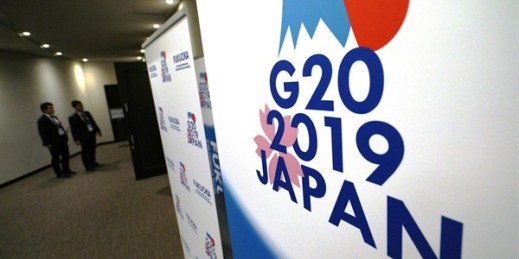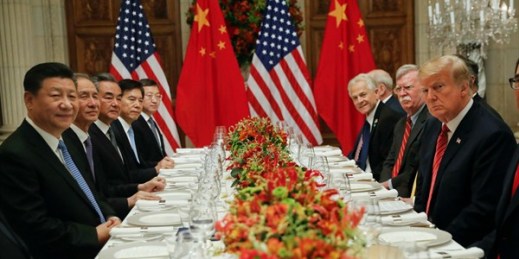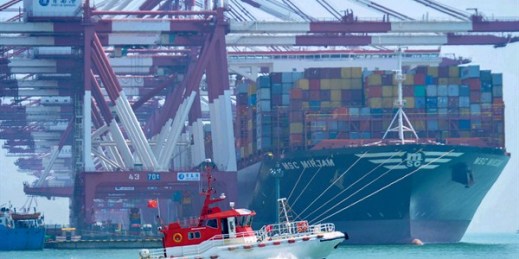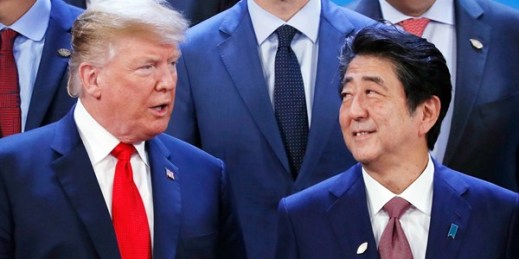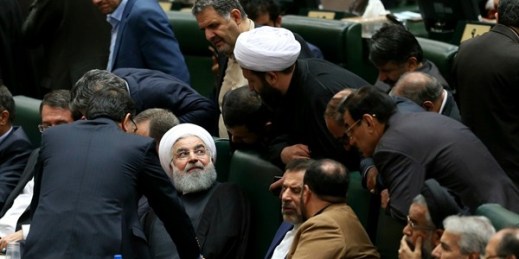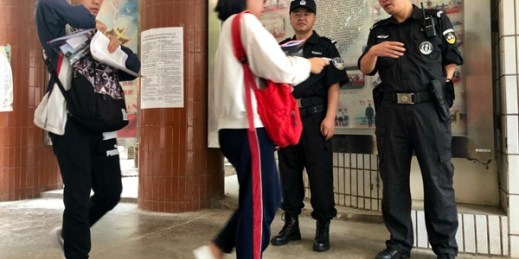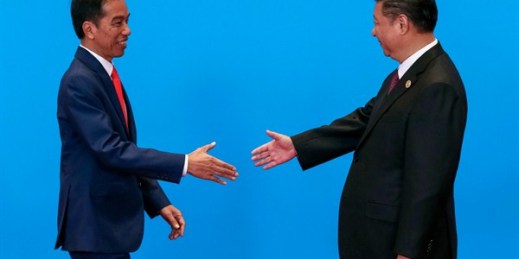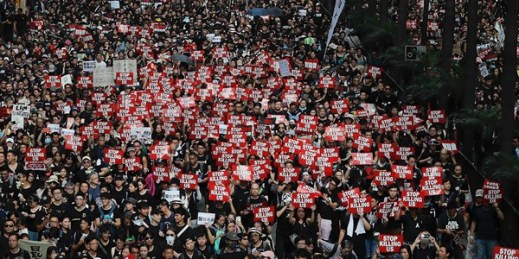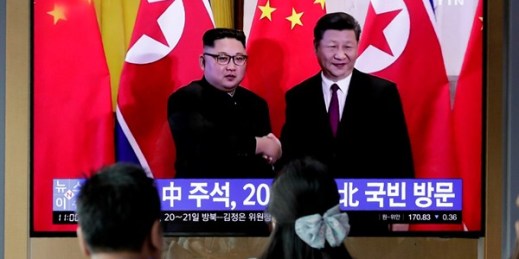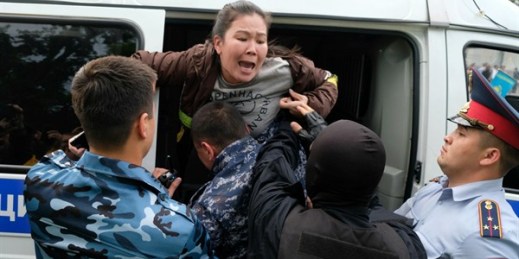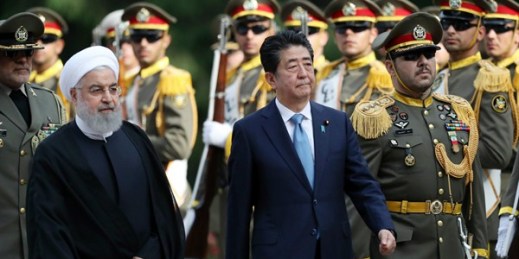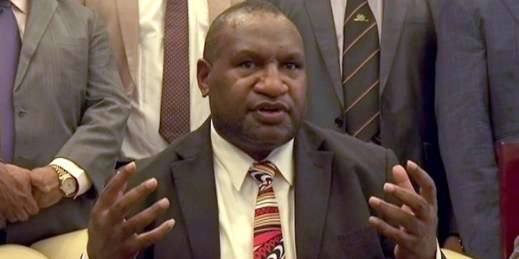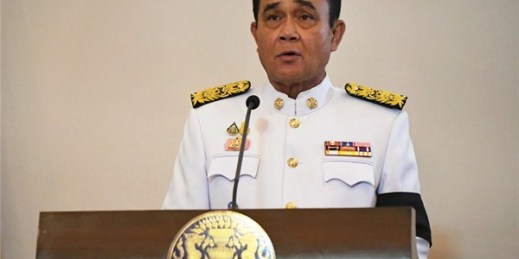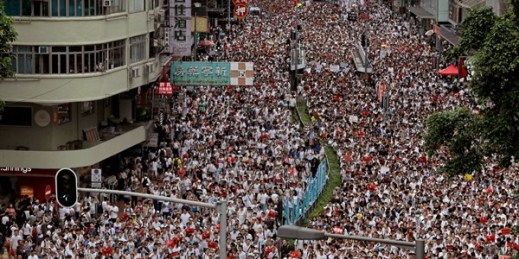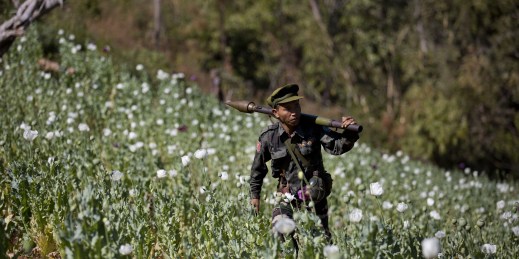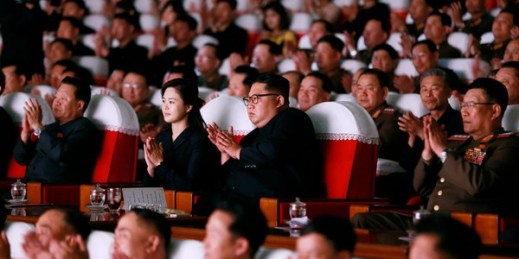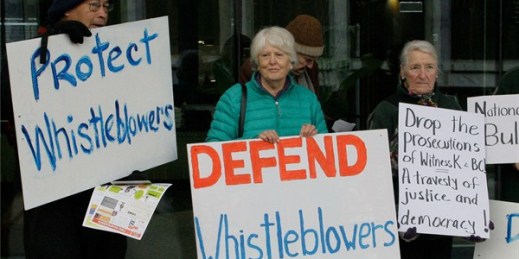
Editor’s Note: This article is part of an ongoing series about press freedom and safety in various countries around the world. Earlier this month, authorities in Australia conducted two raids in two days on the offices of the public broadcaster and the home of a prominent journalist over leaked documents, raising concerns about press freedom in the country. The Australian Federal Police searched the offices of the Australian Broadcasting Corporation, or ABC, apparently in connection with a 2017 series of stories on alleged misconduct by Australian special forces in Afghanistan. That raid came only one day after the same agency […]

